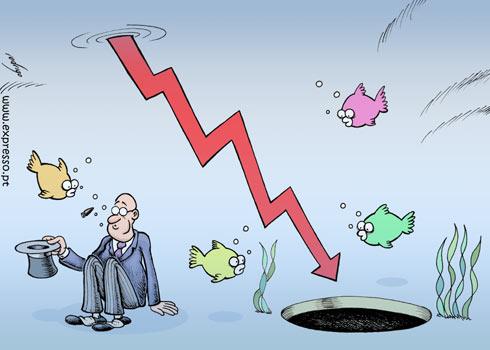Increasing national debt and fiscal deficit prompts the question whether Bhutan is a spendthrift nation
By Tashi Namgyal
In what could be a crippling effect, the government will only have around Nu 1.3 Million at their disposal in the form of capital expenditure during this fiscal year.
This is attributed to mounting expenditures as against the income over the last couple of years, the fiscal year 2021-22 has projected the domestic revenue at Nu. 35.6 Billionandthe recurrent expenditure at Nu. 35.59 Billion.
It means that the government will have to finance almost all the capital expenditure through grants and borrowings which will ultimately lead to an increased debt burden on the country, in addition to further widening the fiscal deficit.
The difference has narrowed drastically compared with the situation during the last fiscal year which had a surplus of Nu. 492.18 Million.
This had left the country’s law makers in a quagmire, voicing out their concerns that “the constitutional requirement of meeting all the recurrent expenditures from the domestic revenue could be breached if the trend continues.
In their recommendation to the government while discussing the Annual Budget 2021-22, Economic Affairs Committee (EAC) members of the National Council (NC) reiterated that domestic revenues be raised and expenditures rationalized in order to keep pace with the rising cost of living and other associated economic cycles.
While generation of revenue moved at a snail’s pace, fiscal deficit has been steadily increasing over the years with the deficit further estimated at Nu. 17.15 Billion in the fiscal year 2021-22.
Earlier, the government projected the fiscal deficit for the new fiscal year at Nu. 10.08 Billion. However, the EAC pointed out that the fiscal deficit has exceeded the threshold and is already showing a rising trend.
Contrary to the government’s fiscal policy to contain the deficit below 3-5 percent of GDP, the deficit has actually increased from 1.9 percent in 2018-19 to an estimated 8.5 percent of GDP in 2021-22.
However, like most of the tasks at hand, the blame was put onto Covid-19 although the committee agreed that there were other factors too for the economy performing under par.
On the hindsight, the government undertook to reducing the Corporate Income Tax (CIT) for private companies from 30 to 20 percent last year, and increasing the Personal Income Tax (PIT) exemption ceiling as some of the fiscal incentives measures, according to the committee.
It was also found that delays in income/revenue generating project sources like Punatsangchhu I made matters worse for the deficit situation.
For instance, the failure to realise full potential from Mangdechhu Project resulted in losses amounting to around Nu. 1.3 Billion in 2019-20, and an additional revenue loss of Nu. 1.8 Billion is expected to incur during this fiscal year.
Further aggravating the situation was the delay in Punatsangchhu I, with concerns raised over its cost escalation from Nu. 35 Billion to Nu. 94 Billion.
The Economic Affairs Minister however assured that the projects will definitely see the light of the day by the summer of 2022.
Meanwhile, the EAC maintained that reliance on loans and continued dependence on grants and aids would drastically undermine the country’s goal of economic self-reliance and put the future generations into debt-economy. For that, the committee reiterated upon raising domestic revenues while containing expenses at the same time.
Highlighting on the increased non-hydro debt and concerns over the corresponding and steady increase in total public debt, the EAC questioned the government’s statement about hydropower related debts being self-liquidating.
While hydropower debts comprise 70 percent of the total public debts, non-hydro debts on the other hand increased from 30 percent of GDP in 2019 to 32 percent in 2021.
However, non-hydro debt has not crossed the 35 percent mark of GDP, meaning it is in consonance with the government’s debt management policy. It was pointed out that steady depreciation of the Ngultrum against the US Dollar posed significant risks on increasing debt burden associated with non-hydro external debt.
The House unanimously supported the observations made by the committee and expressed a shared concern on the goal of achieving economic self-reliance.
Meanwhile, some Members of Parliament (MPs) had their reservations on this ‘earn less spend more’ situation Bhutan is aggravated with, saying that the country should be cautious while meandering through the global economy.
“Whatever is happening in our economy might be a drop of water on the global scene but whatever is happening on the global economy directly affects us whether we want it or not,” said a MP.

 BHUTAN TODAY The New Perspective
BHUTAN TODAY The New Perspective
